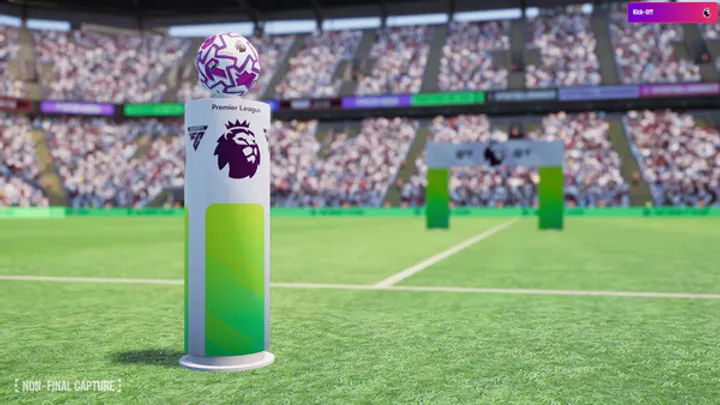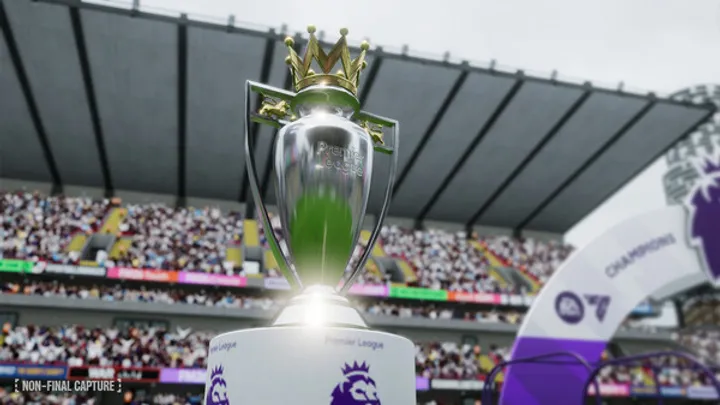Football Manager 26 (FM26) continues the franchise’s legacy as the ultimate football management simulation. It offers unprecedented depth in tactics, transfers, scouting, and player development. Unlike typical sports games, FM26 rewards strategic thinking over quick reflexes. Success is about building the right squad, managing personalities, and adjusting tactics to outsmart opponents.
Whether you’re taking over a struggling team or managing an elite club, FM26 challenges you to think like a real manager. This guide provides tips to help you navigate transfers, refine tactics, develop youth talent, and achieve consistent success.
1. Understanding FM26’s Core Mechanics
At the foundation, FM26 revolves around three pillars: squad management, tactics, and match preparation. Mastering these is key to long-term success.
Squad management involves selecting the right mix of players, managing contracts, and ensuring morale stays high. Tactical mastery requires understanding formations, player roles, and in-game adjustments. Match preparation emphasizes training schedules, scouting opponents, and fine-tuning strategies based on your squad’s strengths.
Dash is Your Lifeline
New managers often make the mistake of overloading tactics and instructions. Stick to a simple system initially while learning your players’ strengths.
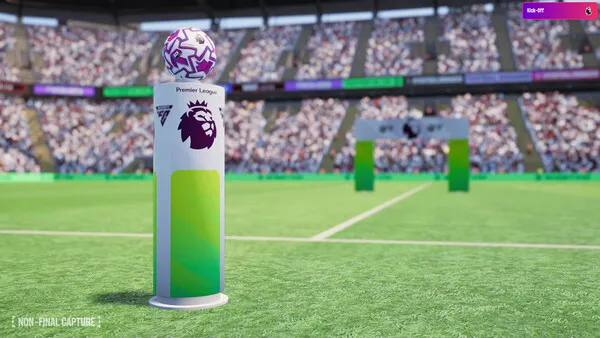
2. Building the Perfect Squad
Your squad is your foundation. FM26 introduces more nuanced player attributes and dynamics than ever. A balanced squad ensures flexibility in case of injuries or fatigue.
Key Tips
- Maintain depth in each position to avoid being short-handed.
- Balance youth prospects with experienced veterans for leadership.
- Monitor player personalities to maintain harmony in the locker room.
A well-rounded squad allows you to compete across multiple competitions without over-relying on a few stars.
3. Mastering Transfers and Scouting
Transfers are not just about buying the best players—they’re about finding value and fit. FM26’s scouting system has been refined to provide detailed insights into player potential, personality, and suitability.
Smart Transfer Strategies
- Focus on long-term potential, not just immediate ability.
- Use scouting reports to identify hidden gems in lesser-known leagues.
- Avoid overpaying for players who don’t fit your tactical system.
Loan and Youth Development
Loaning young players to other clubs accelerates their growth. Track their progress regularly to ensure they return ready to contribute.
4. Designing Winning Tactics
Tactics are central to FM26 success. You need a system that complements your players’ abilities while being adaptable to opponents.
Tactical Essentials
- Choose formations that exploit your strengths, e.g., a strong midfield or fast wingers.
- Assign player roles based on natural attributes and comfort positions.
- Adjust mentality depending on the match context—dominate possession, hit on the counter, or play defensively.
In-Game Adjustments
Use live data to tweak your tactics. FM26 provides heatmaps, player condition, and opposition stats to help you make informed decisions.
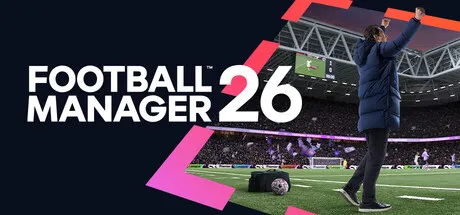
5. Training Effectively
FM26’s training system affects both match performance and long-term player growth. Plan sessions to avoid fatigue and injuries.
Training Tips
- Assign individual focus sessions based on each player’s weaknesses.
- Rotate players to prevent burnout during congested fixture periods.
- Incorporate team cohesion training to improve on-field chemistry.
A balanced training approach ensures players peak at the right time during crucial matches.
6. Developing Youth Talent
Youth development is critical in FM26, especially for clubs with limited budgets. Nurturing prospects can save money and build a legacy.
Best Practices
- Monitor youth intake regularly to identify potential stars.
- Assign mentors to younger players for faster growth.
- Gradually introduce youth into first-team matches to build experience.
Investing in youth ensures sustainable success over multiple seasons.
7. Managing Player Morale and Contracts
Happy players perform better. FM26 emphasizes the human aspect of management—contract negotiations, playing time, and interpersonal relationships all affect performance.
Morale Management Tips
- Rotate the squad fairly to prevent dissatisfaction.
- Address player concerns promptly to avoid unrest.
- Reward loyalty and performance with appropriate contract extensions.
Ignoring morale can lead to dips in form, transfers, or even locker-room conflicts.
8. Matchday Strategies
Match preparation goes beyond tactics. FM26 provides tools for pre-match analysis, including opponent strengths, weaknesses, and preferred formations.
Pre-Match Checklist
- Study opponent tendencies and adjust your approach accordingly.
- Set match instructions based on conditions (home/away, weather, player fatigue).
- Have contingency plans for red cards or injuries.
Being proactive rather than reactive during matches separates great managers from average ones.
9. Using Analytics and Reports
FM26 includes extensive analytical tools. Stats and reports aren’t just numbers—they inform decisions about tactics, training, and transfers.
Analytics Tips
- Monitor player performance trends to identify improvement or decline.
- Use opposition scouting reports to exploit weaknesses.
- Track fitness and injury likelihood to plan squad rotation.
Numbers give you a competitive edge, especially in tight league races or knockout competitions.
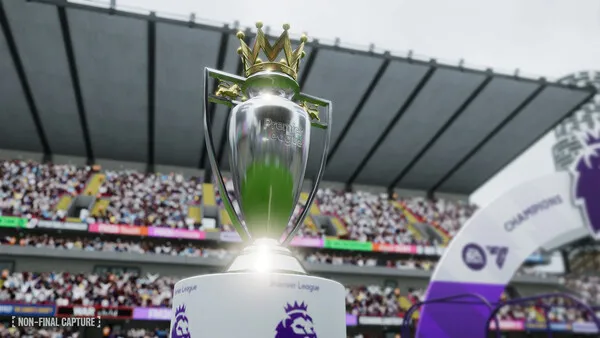
10. Long-Term Club Planning
FM26 is a marathon, not a sprint. Building a club dynasty requires vision beyond a single season.
Strategic Considerations
- Invest in facilities (training, youth, medical) to improve long-term performance.
- Develop a club philosophy—e.g., possession-based, high pressing—to maintain consistency.
- Plan transfers years in advance, especially for youth development and contract expirations.
By thinking long-term, you can create a self-sustaining club capable of dominating for decades.
Conclusion
Football Manager 26 challenges managers to think deeply about every decision—from tactics and training to transfers and morale. Success isn’t about star players alone; it’s about building a balanced squad, optimizing resources, and making informed choices both on and off the pitch. By mastering squad management, scouting, tactical planning, and player development, you can guide your club to glory, whether in domestic leagues or continental competitions.








